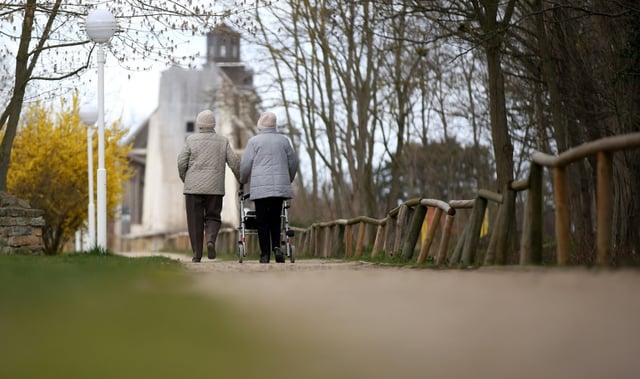Overview
- The Bundesinstitut für Bevölkerungsforschung (BiB) study found 40–49-year-old men overestimate their life expectancy by 1.2 years, while women underestimate theirs by 3.3–5.0 years depending on assumptions.
- These misperceptions, rooted in subjective risk perceptions like health, may lead to inadequate retirement planning, particularly for women, increasing poverty risks in old age.
- The study compared personal longevity expectations from the German Age Survey (2008–2021) with Federal Statistical Office data, highlighting significant gender-based discrepancies.
- Germany's demographic shift toward an aging population and rising health expenditures underscore the social and economic relevance of accurate life expectancy awareness.
- Study co-author Andreas Mergenthaler emphasized the importance of addressing these gaps to ensure financial security for older demographics, especially as the proportion of elderly individuals grows.


